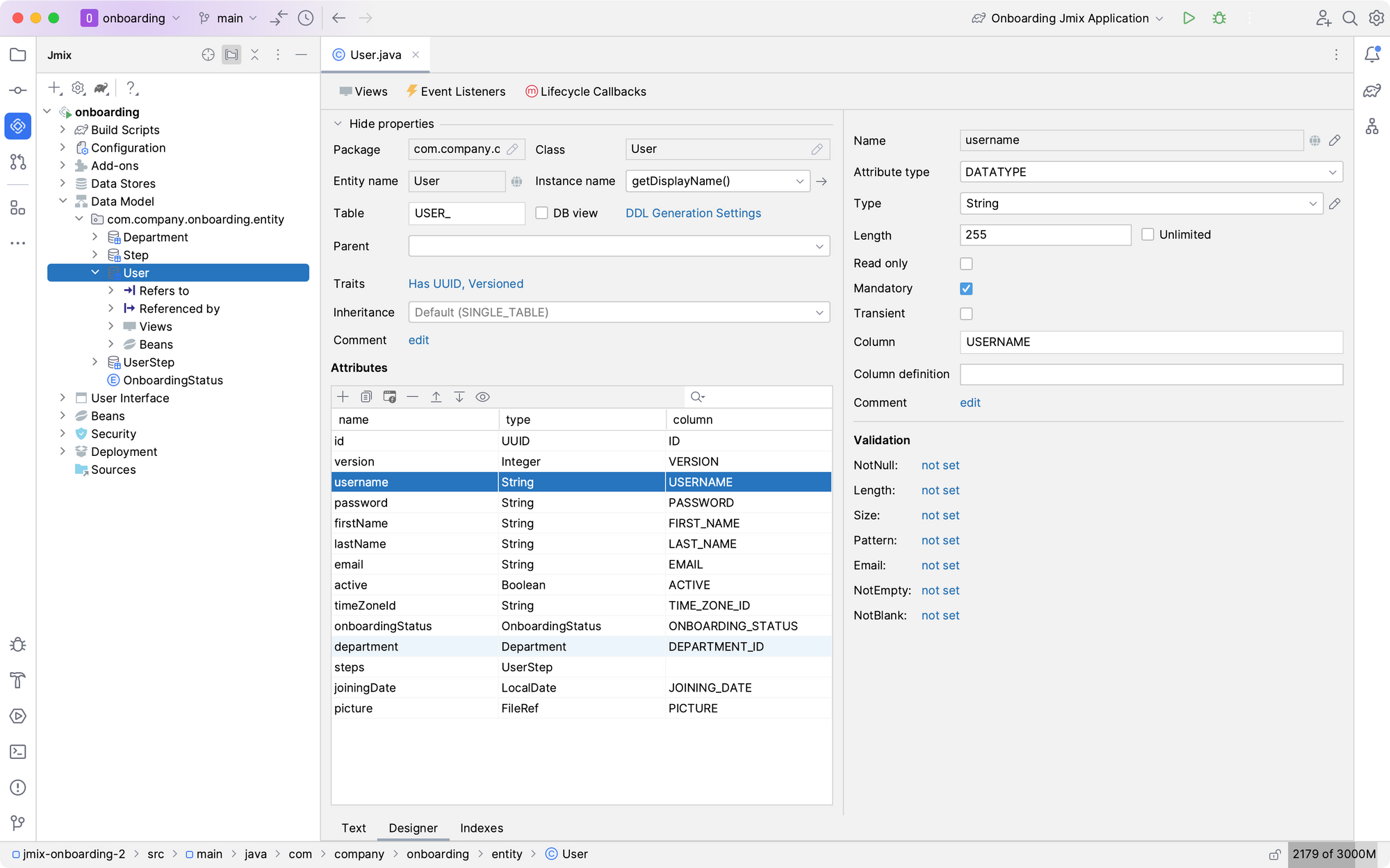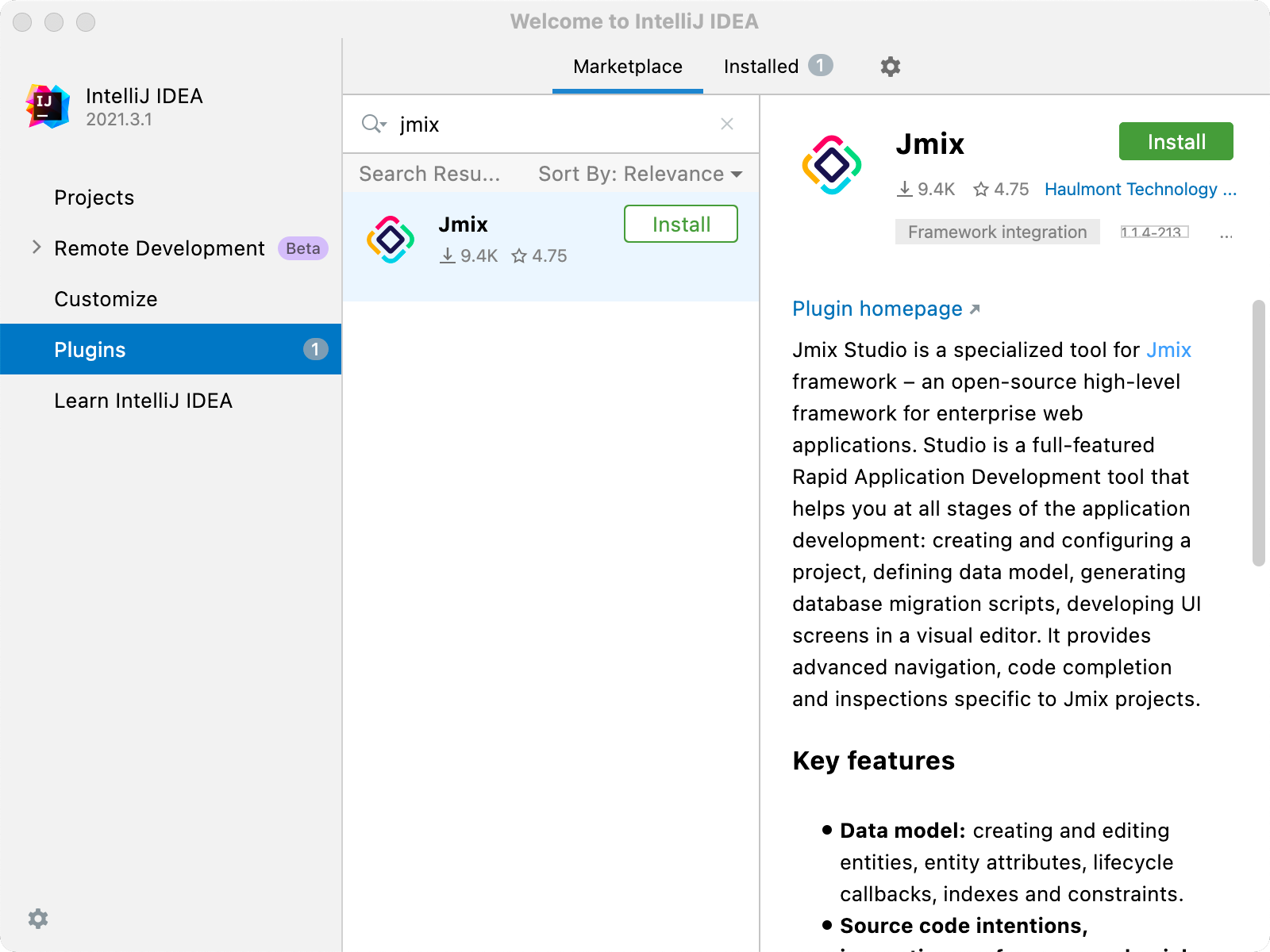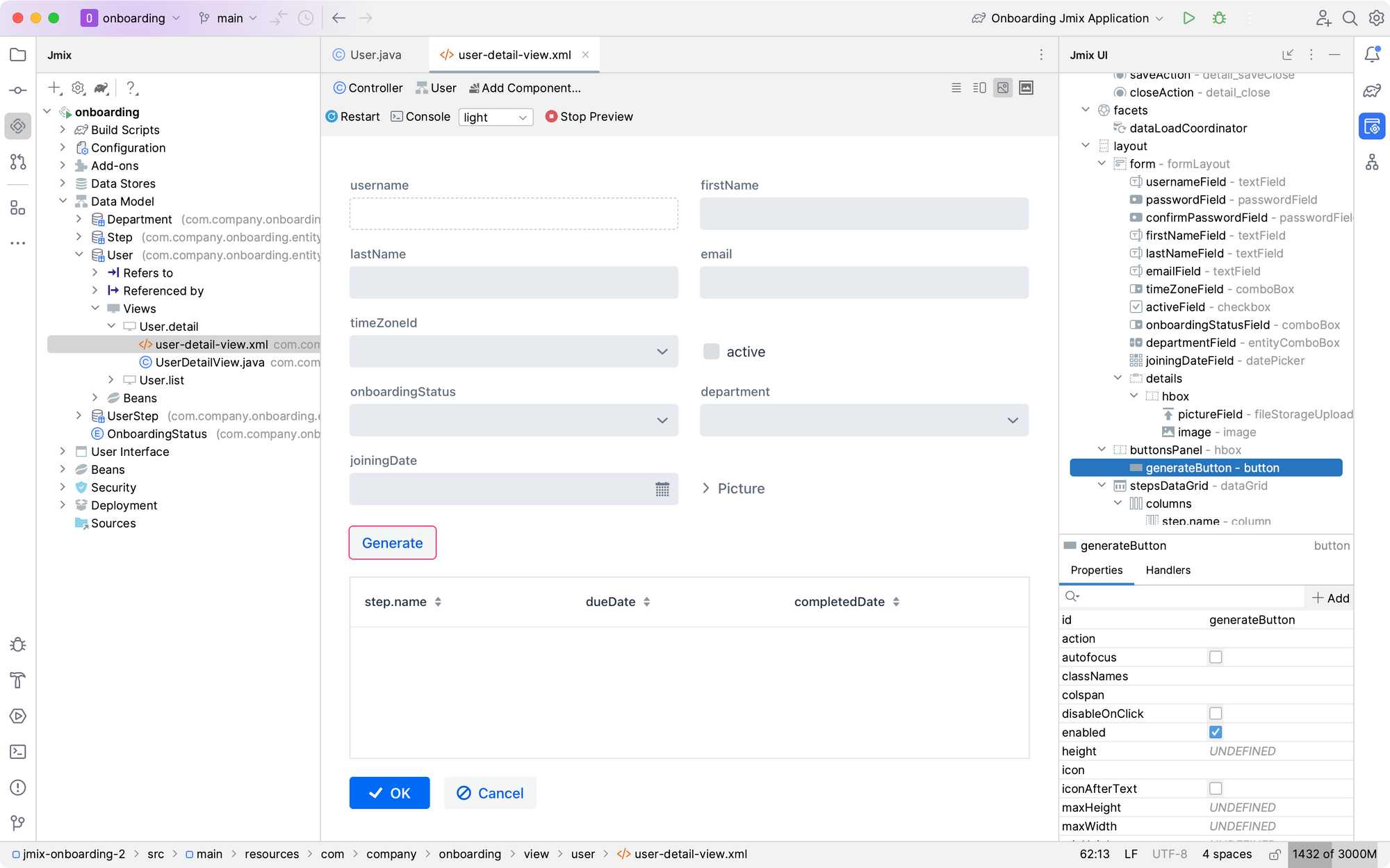Our mission
Jmix is an open-source platform designed for rapid application development. We help companies to adopt open-source development engineering practices for gaining productivity and efficiency in creating B2B web applications using Java and Kotlin. We aim to streamline traditional development processes, avoiding the common limitations associated with proprietary low-code platforms, such as vendor lock-in and reduced flexibility. Rather than overhauling the developer's skillset with low-code approaches, Jmix enhances the productivity of traditional development. It achieves this by integrating advanced tools, a future-proof technology stack, and a suite of ready-to-use business add-ons.
Top priority values:
Our background
- Continued Support for CUBA: CUBA Platform will remain supported with long-term support for five years, followed by an additional five years of commercial support. This ensures a 10-year support horizon for CUBA.
- Introduction of Jmix: Jmix, initially in the preview stage, is set for a production-ready release in Q2 2021. It is designed to be a direct successor to CUBA, offering stability for proof-of-concept development and full integration with the Spring Boot ecosystem.
- Backward Compatibility: A jmix-cuba compatibility module was introduced, incorporating most CUBA APIs to facilitate easy migration to Jmix without significant code changes.
- Add-on Transition: Most CUBA add-ons, including reporting, maps, and business processes, are being migrated to Jmix with comparable functionality, albeit with a new format suitable for Spring Boot.
- Jmix Studio: The new Jmix Studio continues to support familiar design elements from CUBA Studio, including entity and UI designers, while enhancing application development capabilities within the Jmix framework.
- In April 2016, CUBA Platform transitioned to open source, adopting the Apache 2.0 license, thereby removing runtime restrictions on CUBA applications.
- This shift led to a significant growth of community around CUBA Platform, with a six-fold increase in active projects compared to the previous year, reaching over 800 by December. The community forum became more active, with 20-30 messages each day, supported by regular webinars and training sessions.
- Technological enhancements included a migration tool for CUBA Studio, cloud deployment via Jelastic, integration of external UI components, support for multiple datastores, development of self-contained application components, and a new REST API that adheres to the REST architectural style.
- The year concluded with the release of platform version 6.4, introducing support for Polymer clients and other features, setting a positive trajectory for further development and community engagement.
Q1 2021 – Jmix 0.9. Pre-release
Q2 2021: first stable version of Jmix
- Spring Boot as a core technology
- Decomposition into separate pluggable modules (data, security, audit, etc.)
- A new approach to data model definition
- Database update process based on Liquibase
- Deployment approach utilizing Spring Boot features, allowing better integration with cloud environments.
- CUBA 7 Released: Introduced a new event-based API, modern visual components, and improved data binding. Supported Java 10+ and expanded technological capabilities.
- Integration into IntelliJ IDEA: CUBA Studio was integrated into IntelliJ IDEA, enhancing support for JVM languages like Kotlin and improving developer experience with advanced coding tools.
- Marketplace Expansion: Added new add-ons such as Dashboards, Maps, and an updated BPM tool, reflecting community-driven development.
- Licensing Changes: Removed the 10-entity limit for the free version of Studio, allowing unlimited project development. Premium add-ons like Reporting, BPM, FTS, and Charts were made open-source.
- Technology Stack Update: Jmix 2.0 features an updated stack with Spring Boot 3.1, Spring Framework 6.0, Spring Security 6.1, Vaadin 24.0, EclipseLink 4.0, and Flowable 7.0. These updates necessitate JDK 17 and Tomcat 10 for deployment.
- UI System Changes: Transitioned from Classic UI to Flow UI due to issues, requiring users to update their UI layers.
- Studio 2.0: Provides tools for migrating Jmix 1.5 applications to the new version.
- New Features: Includes fully functional BPMN modeler for BPM, a cleaner report designer, a new codeEditor component, and the genericFilter component for dynamic user configuration.
- Enhanced User Experience: Implemented features to prevent accidental browser tab closing and simplified cloud deployment directly from Studio to AWS.
The history of Jmix in the timeline
Q2: First stable version of Jmix.
Our team
 Viktor FadeevProduct Manager
Viktor FadeevProduct Manager Konstantin KrivopustovHead of Engineering
Konstantin KrivopustovHead of Engineering Polina ChesnokovaHead of Marketing
Polina ChesnokovaHead of Marketing Alex BurovHead of Sales
Alex BurovHead of Sales Viktoria KlementyevaSales and Community Manager
Viktoria KlementyevaSales and Community Manager Gleb GorelovTech Lead
Gleb GorelovTech Lead Sergey FedorovSenior Developer
Sergey FedorovSenior Developer Dmitriy VaschenkoLead Trainer
Dmitriy VaschenkoLead Trainer
Labs House, 15-19 Bloomsbury Way, London WC1A 2TH,
United Kingdom
Zgrada Europoint, str. Svetlane Kane Radevic 3, 1st Floor, 81000 Podgorica, Montenegro





















